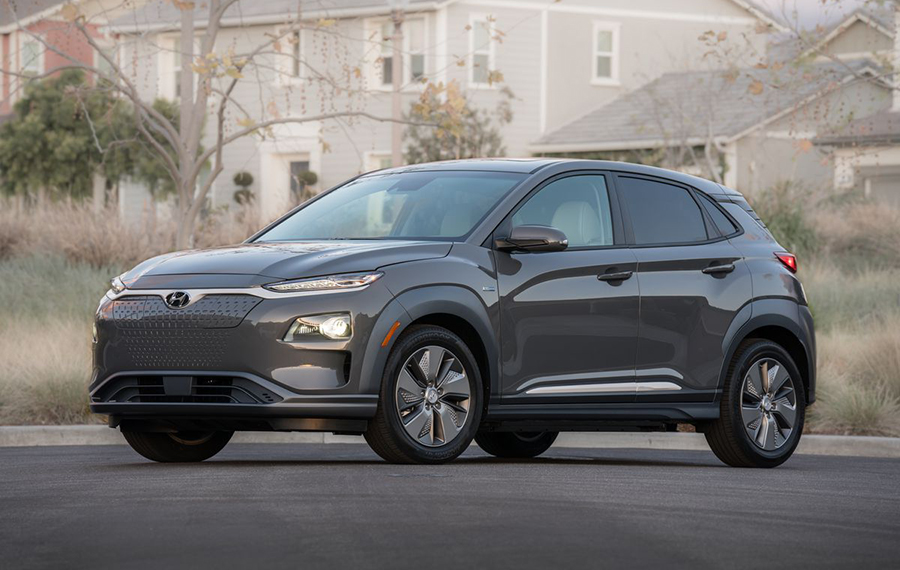The Director-General of the National Automotive Design and Development Council (NADDC), Joseph Osanipin, has proposed a ban on importing used from the years 2000 to 2007 into the country.
Osanipin made this recommendation during a Public Sector Engagement on the Implementation of the Nigerian Automotive Industry Development Plan (NAIDP 2023-2033) held in Abuja on Tuesday.
He stated that the NADDC would collaborate with relevant agencies to establish a maximum age limit of 20 years for imported used vehicles.
This initiative aims to stimulate the local assembly and manufacturing of vehicles while preventing the country from becoming a dumping ground for older automobiles.
He said,
- “Again, we need to talk to our colleagues, especially in customs, to start putting age limits on used cars. We cannot allow Nigeria to be a dumping ground for used vehicles.”
- “A situation in which 2000 to 2007 used vehicles are brought into Nigeria is unacceptable. So we will collaborate with relevant authorities to this effect.”
- “And, apart from that, we will have to specify the minimum standard that has to be in a vehicle for it to come to Nigeria,”
Local production of car parts
The director-general also noted that certain vehicles entering Nigeria without airbags are still permitted into the country, and this practice needs to cease.
Osanipin emphasized the importance of engaging stakeholders in formulating and executing the Federal Government’s automotive policy.
He further stated that the NADDC was established to tackle critical challenges in the sector, including low production levels, inadequate local content, and limited financial resources.
He said, ”We are going to start what we call deletion policy which is contained in the NAIDP being reviewed today because that is the only way we can grow our local content.
- “That’s the only way we can develop our parts. We are working to identify the parts we can produce in Nigeria.”
- “We are looking at the production of tyres, plastic, foams, leather, and even batteries.”
- “The sooner we identify these and component manufacturers that can do this according to our standard, the better for us.”
He further said that producing these local components would enable the council and relevant agencies to delete the importation of all items produced locally in the country.
What you should know
- Although the Nigerian automotive industry has made significant progress in the last few years, it is still lagging behind its counterpart in advanced economies. According to the International Trade Administration of the United States, Nigeria’s annual vehicle demand stands at 720,000 units while local factories are only able to produce 14,000 units yearly resulting in imports to fill the shortfall.
- However, data from the Nigeria Bureau of Statistics (NBS) reveals that in the first nine months of 2023, Nigeria imported used vehicles worth N926.09 billion from the United States and the United Arab Emirates.
- In the first quarter, used car imports from these two countries stood at N59.53 billion, this rose to N721.79 billion in the second quarter and dropped to N144.77 billion in the third quarter.




















